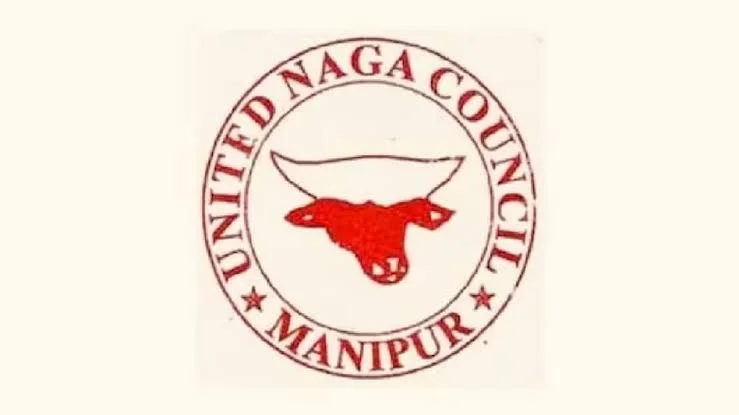Manipur Authorities Eradicate 45 Acres of Illegal Poppy Cultivation in Kangpokpi
In a significant crackdown on illicit drug production, Manipur’s law enforcement agencies have successfully destroyed 45 acres of illegal poppy cultivation in the Kangpokpi district. This operation underscores the state’s unwavering commitment to combating the drug menace and promoting a drug-free society.
A Bold Move Against Illicit Poppy Cultivation
On January 31, 2025, a coordinated team comprising personnel from the Kangpokpi district police, the 22 Assam Rifles, and the Narcotics and Affairs of Border (NAB) department launched an extensive operation in the hill ranges of Kangpokpi. Their mission was clear: to identify and eradicate illegal poppy plantations that have been contributing to the region’s drug-related challenges.
The team meticulously scoured the area and successfully uprooted poppy plants spread across 45 acres. This decisive action not only disrupts the supply chain of illicit opiates but also sends a strong message to those involved in such unlawful activities.
The Implications of Poppy Cultivation
Poppy plants are the primary source of opium, which is processed to produce heroin—a potent and highly addictive narcotic. The cultivation of poppy is illegal in India, except under strict government licensing for medicinal purposes. Illegal poppy farming fuels the drug trade, leading to widespread addiction, health crises, and socio-economic issues within communities.
Manipur, due to its geographical location and porous borders, has faced challenges related to drug trafficking and abuse. The state’s authorities have been vigilant in their efforts to curb these activities, recognizing the detrimental impact on public health and safety.
Community Involvement: A Key to Success
The success of such operations often hinges on community involvement. Local residents play a crucial role by providing intelligence and support to law enforcement agencies. In the case of the Kangpokpi operation, community members’ cooperation was instrumental in identifying the locations of the illegal plantations.
By fostering trust and collaboration between the police and the public, Manipur aims to create a united front against drug-related issues. Educational programs and awareness campaigns are also being implemented to inform citizens about the dangers of drug cultivation and abuse, further strengthening community resilience.
The Road Ahead: Sustaining the Momentum
While the destruction of 45 acres of illegal poppy cultivation is a commendable achievement, it represents just one battle in the ongoing war against drugs in Manipur. Sustained efforts are essential to ensure long-term success.
Authorities plan to intensify surveillance and conduct regular operations to prevent the resurgence of illegal poppy farming. There is also a focus on providing alternative livelihood options for farmers who may be enticed into poppy cultivation due to economic hardships. By offering support and resources for alternative agriculture, the state aims to reduce the economic incentives that drive illegal cultivation.
A Call to Action
The eradication of illegal poppy fields in Kangpokpi is a testament to what can be achieved through coordinated action and community engagement. However, the fight against drug cultivation and trafficking requires continuous vigilance and proactive measures.
Citizens are encouraged to remain alert and report any suspicious activities to authorities. By working together, the people of Manipur can strive towards a safer, healthier, and drug-free society.
FAQs
- What was the extent of the illegal poppy cultivation destroyed in Kangpokpi?
- Authorities eradicated 45 acres of illegal poppy plantations in the Kangpokpi district.
- Which agencies were involved in the operation?
- The operation was a joint effort by the Kangpokpi district police, the 22 Assam Rifles, and the Narcotics and Affairs of Border (NAB) department.
- Why is poppy cultivation illegal in Manipur?
- Poppy cultivation is illegal because it serves as the raw material for opium and heroin production, contributing to drug trafficking and abuse.
- How can the community contribute to preventing illegal poppy cultivation?
- Community members can assist by providing information to authorities about suspected illegal activities and participating in awareness programs.
- What measures are being taken to prevent the resurgence of illegal poppy farming?
- Authorities plan to increase surveillance, conduct regular operations, and offer alternative livelihood options to farmers to discourage illegal cultivation.




